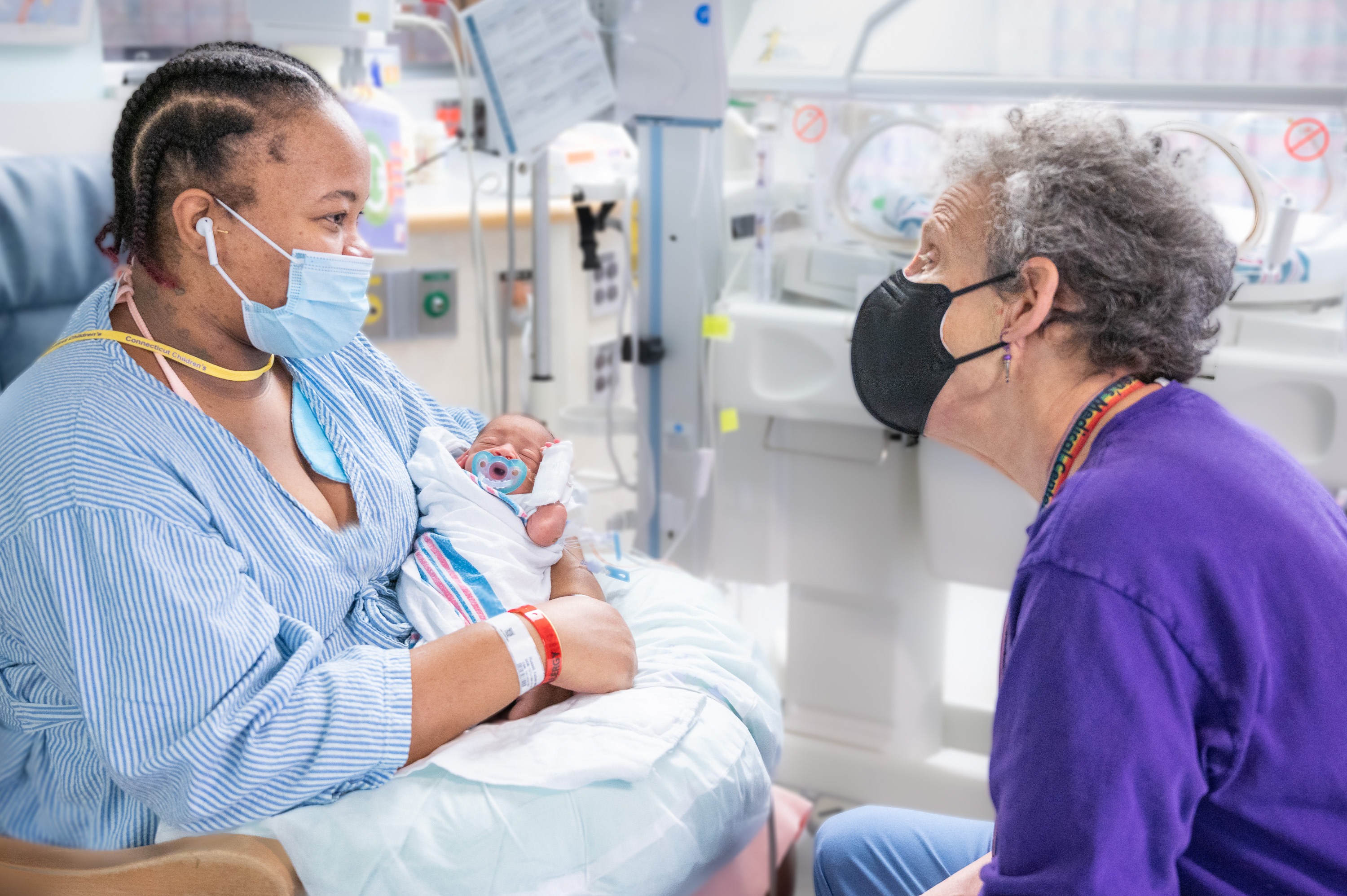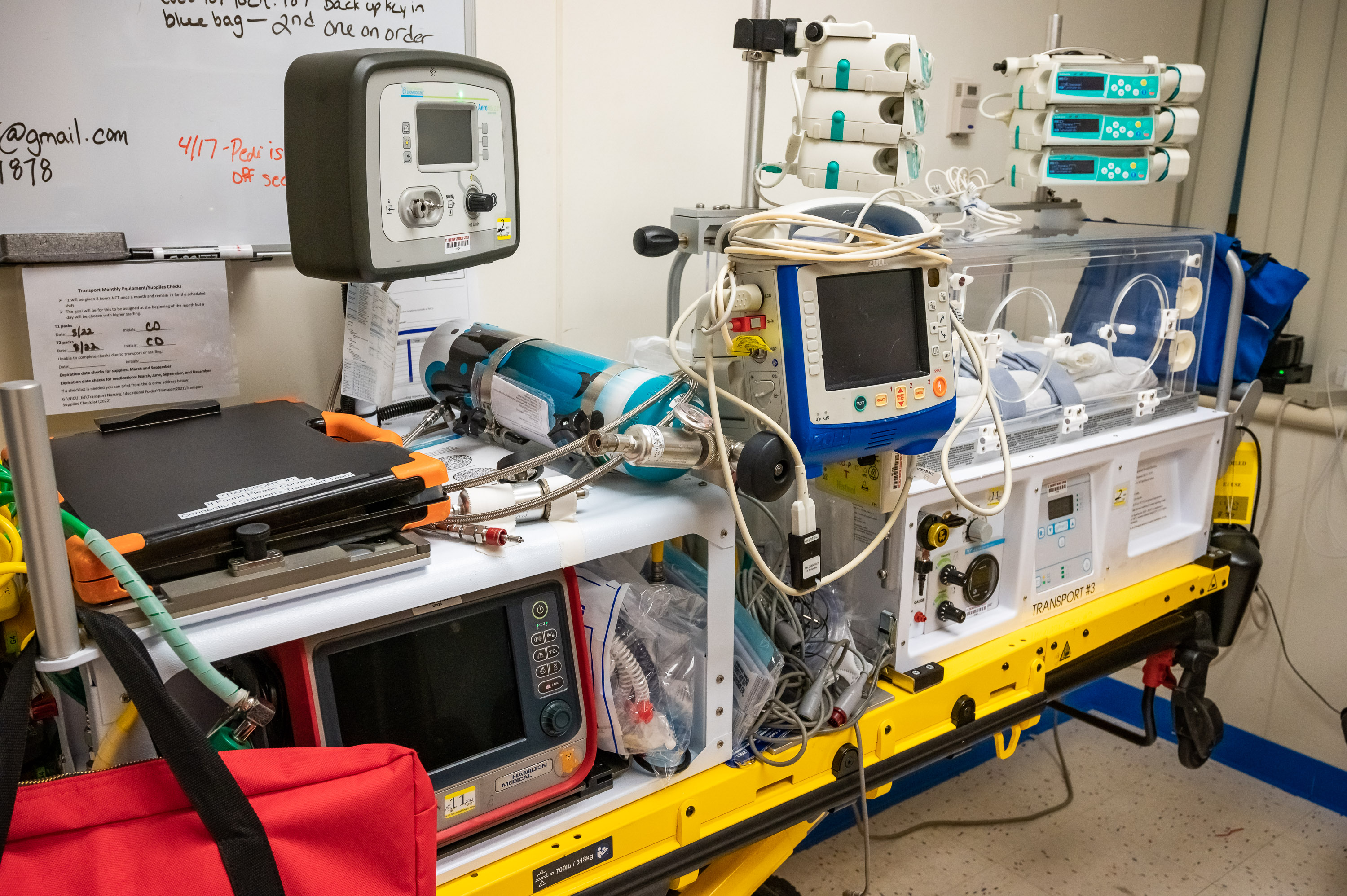Marilyn Sanders is the medical director of the Neonatal Critical Care Transport Program. This program uses a highly specialized ambulance team to bring sick newborns to Connecticut Children’s’ Level 4 or Level 3 Neonatal Intensive Care Units (NICUs) from other hospitals in the state that may not have the facilities or specialized clinicians a given child may need. We sat down with Dr. Sanders to learn more about the program and her involvement in it.
Latest Articles

How HuskyTHON Student Leaders Are Changing Lives

Matters of the Heart: Cardiac Telemetry Saves Kids’ Lives


